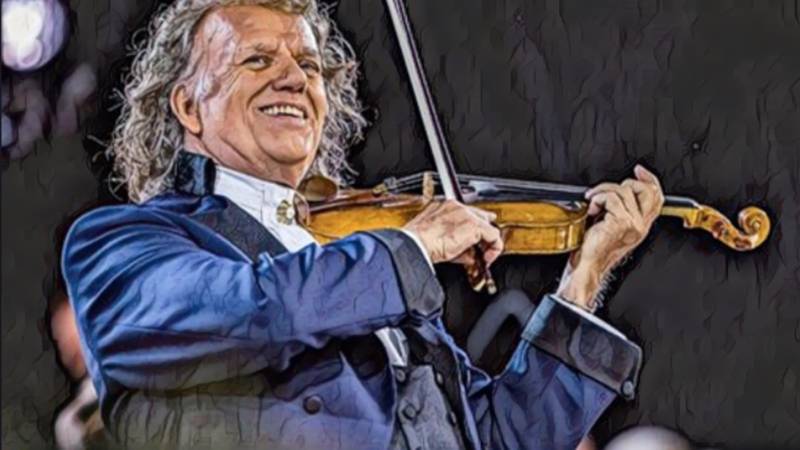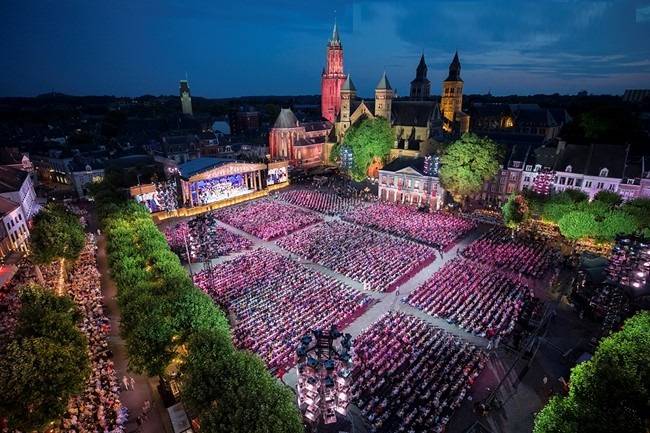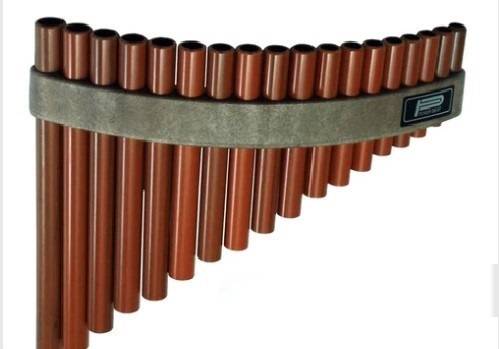
Our nation is mired in a hybrid cesspool of intractable political, social and economic issues. A nation that can become an international laughing stock on an as innocent word as Halwa – which in Pakistan, is sweet semolina pudding – can hardly understand the joy of music, yet we all deserve a bit of respite in the shades of melodies. Let us, therefore, speak of the euphoria of live music concerts in a Western country with a local crowd, which is an experience that the people from our part of the world perhaps cannot comprehend.
Although there are many genres of Western music, the main crowd pullers are Pop (short for popular) and Classic. Both are vastly different from each other in character. A pop concert – think of the Beatles, Rolling Stones or Shakira – is like a violent orgy with the entire audience up in emotions, shrieking and writhing, building up to a climax. The classical concert is a serene, spiritual experience where complete silence is observed, except for mild polite clapping as a mark of appreciation at the end of a piece. During a classical performance, people sway gently, similar to the audience in an Indo-Pak ghazal rendition. Couples hold hands and may even brush their lips as an expression of love or nestle, but without any hint of lasciviousness. In a classical concert, the audience is very formally attired in their Sunday best and seated, as if in a scholarly conference, whereas the typical pop concert goer wears jeans, shorts – sometimes bare-chested! – or whatever informal clothes they can grab from their drawers. Anyone getting up to applaud or even to whisper during a classical performance would be considered sacrilegious. However, it is hard to imagine anyone seated quietly in a Taylor Swift, Lady Gaga or Justin Bieber concert; that would be impious. In fact, if someone does not want to act rowdy, they are not in the right mental frame to attend a Pop concert. Even the meaning of two words, ie Pop and Classic, differentiates between the two types of crowds, as between the music itself. The former is popular, a respectable word for the plebeian, while the latter transliterates for the refined or the noble.
I was introduced to André a few years back by the Imam of the local mosque in Griffith, NSW. He is an Egyptian medical doctor; a graduate of al-Azhar University, and learned to play the violin in his younger days
This article is about classical concerts in the context of the ones conducted by André Rieu. Among the long list of great modern music conductors, this author’s favourite is this Dutch classical-waltz maestro.

André started his career playing violin, which he still does in his concerts, and moved on to being a successful conductor. He has been holding an incredible 90 concerts roughly, every year, for the past many decades, all over the world. In some years, he has been doing 120 concerts per year. This involves a lot of travelling and tremendous amount of logistics. He has, for instance, four sets of instruments for his orchestra that he sends ahead for the next places of his shows. From one city to another in close proximity, his orchestra travels by nine trucks. The accompanying crew travels in three converted buses, each with twelve beds. A physician, a specialist in tropical diseases, is part of the entourage. They have their own cooks to avoid eating junk food. Andrè likes to speak with his musicians over a glass of wine after every concert; each of which lasts about three hours.
I was introduced to André a few years back by the Imam of the local mosque in Griffith, NSW. He is an Egyptian medical doctor; a graduate of al-Azhar University, and learned to play the violin in his younger days. He took me to a local cinema where Andrè's concert in Sydney was being telecast live. Since then I have been in love with his music. I have liked Yanni, the Greek-American conductor and composer, bought his CDs and, to unwind, listened to his music; especially “November Sky,” “If I could tell you” and “Rain must fall.” Later, with the introduction of Youtube, I watched his concerts with interest, but nothing of this prepared me for the stately grandeur of Andrè concerts.
Being a violinist, André has the advantage of being standing and commanding the fabulous stage with his enigmatic smile and facial expressions of joy and surprise. He has a charming style of conducting creating a festive environment. His music is rapturous. It's, however, not only music and his style of conducting that fascinates the viewers but also the ambience of his shows. This is especially true for the ones he holds in Maastricht, his native city. Nearly 20,000 people attend his show there in the town hall square. The audience, many of them from other cities of Europe, present a civilized, prosperous and perceptive class. The joy, happiness, understanding, culture and calmness on the faces of the people of that Dutch city is surreal. They all understand music because it is very common in the West – much as is the case in India and Bangladesh – that most people learn to play at least one musical instrument and some dance. One must watch his rendition of “The Second Waltz,” performed in a Maastricht concert in 2020, to understand celebration of love. The waltz dance sequence accompanying the music, with women attired in heavenly blue and the men in evening black, is a lively display of feelings and camaraderie between the couples. There is even a girl among those dancers; dancing in a wheelchair; visible at 02:41 to 02:43 into the piece.

For most of his concerts, André usually invites some local established performers or emerging talents to perform in his shows. His “The Lonely Shepherd” performed in Romania (2017) in this link, featured Gheorghe Zamfir, who is a popular Romanian Nai player of repute. Nai is the Romanian version of closed pipe wind musical instruments of the Pan family, employing multiple pipes of different lengths bound together. For his Amsterdam concert ten years ago, he invited Mirusia Louwerse, an Australian soprano (an opera performer singing with high notes) of Dutch origin to sing “Time To Say Goodbye” in the Dutch language. Last year in Maastricht, he invited a 15-year-old Dutch girl named Emma Kok to sing “Voila,” a poignant piece of poetry written by the French songwriter Barbara Pravi.
Tickets for his concerts are in heavy demand. His shows till May 2024, in Saalbach-Hinterglemm (Austria), Amsterdam, Antwerp (Netherland; 6 and 7 January), Hannover, Berlin, Munich, Mannheim (Germany; 18, 20, 25 and 27 January), Paris (France; 2 March), Liverpool, Glasgow (UK; 18 and 20 April) and Dublin (Ireland; 9 and 10 May) are all sold out already, with tickets ranging from € 60 to € 185. A whole-day package for his annual three-day consecutive concerts on 13, 14 and 15 December 2024 including the ticket and one-day hotel stay is €1,000. All these concerts too would also be sold out. His website lists 75 concerts this year including six continuous from 25 to 31 March in Mexico City in the National Auditorium and twelve continuous shows from 4 to 21 July in Vrijthof Square in Maastricht, Netherlands.
Watching his shows on the internet, especially the ones in Maastricht, one sees, among the entire concert audience, radiant faces of men and women, young and old, brimming with affluence, competence and confidence. Seeing those common people and the sparkling environment, one appreciates why the historian Arnold Toynbee, in his A Study of History, volume 1 of 12, found the people living within 500 km on either side of the 1,200-km-long line from Rome in Italy to the Roman Wall in Britain being at the heart of Western civilization. Culture, freedom, education and economic affluence come in one package. We can't choose one and discard the other. By showing disdain for freedom and democracy, a nation loses culture, enlightenment and prosperity too.

